
Train your little ones to be content and embrace an optimistic outlook with these expert happiness tips.
No parent sets out to raise an unhappy child, it just sometimes happens. In my practice, I meet many unhappy adults; they feel helpless and unable to find a sense of contentedness in their daily lives. They are constantly trying to please others and live up to unreasonable and unhealthy standards. As we delve into their past, it is often discovered that many missed opportunities occurred in childhood, opportunities to build a foundation for happiness and also a skill set to navigate the challenging and mood depressing aspects of life.
So how can we make kids more content, more accepting and more emotionally stable? By focusing on the three A’s – activity (movement and pastimes), agency (teaching children how to make decisions) and anxiety management (learning the tools that last a lifetime) – you can feel confident that you have equipped your child with much of what they need for a lifetime.
Read more: Expert Advice: How To Talk To Kids About Diseases
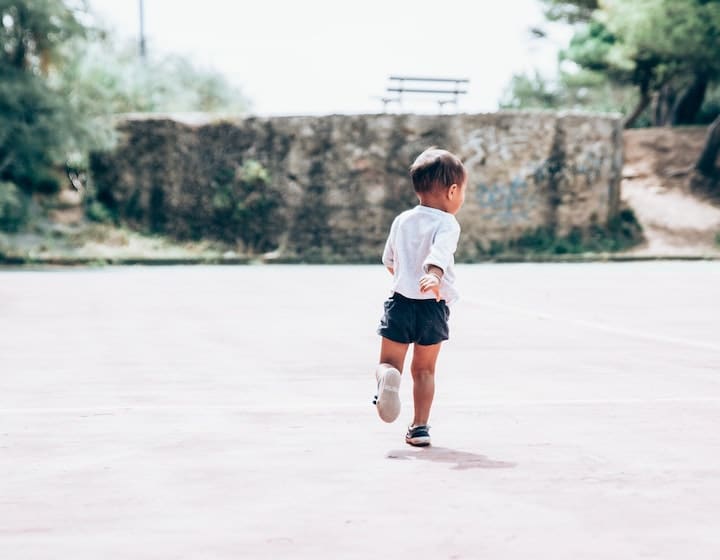
1. Activity
For children, moving is inherent from their first moments of conception. As they start crawling and walking, we cheer and encourage, but as toddlerhood ensues, many parents demand stillness and calm. This is difficult even for those with the most docile personality and for those with energy to burn it seems almost impossible for them to sit still!
The small living spaces of Hong Kong typically require going outside to do this, but it is a guaranteed mood lifter for both child and parent. I cannot think of a single time my boys have gone to the playground or a pitch and been unhappy. Be it simple free play or more organised sport and hobbies, both work as regular happiness building blocks. Such activity stimulates the body and brain in synchronous ways to ensure good health and emotional self-management.
Read more: Easter Camps And Classes For Kids In Hong Kong
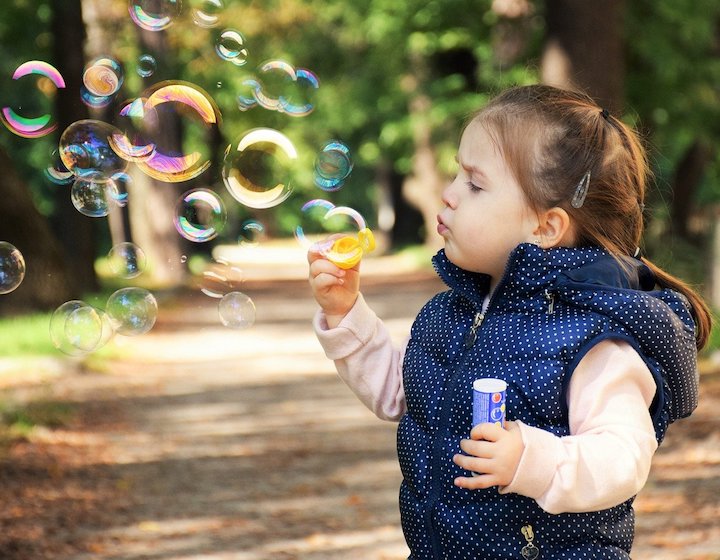
2. Agency
The concept of agency – the ability to act independently – hinges on the idea of choice and control. Both concepts are present in the parent-child relationship, yet we know some parents who are more comfortable with accepting this than others. Teaching children how to choose requires giving up control. This is difficult and a more time-consuming process. Sure, it is easier to dictate everything: food, homework, entertainment, friendships and so on. And yes, while age appropriateness on these topics matter, as your children grow, how about you allow yourself to serve as a coach or consultant rather than boss? This may help strengthen your child’s sense of agency. “Can I help you?” or “would you like a suggestion” rather than “you have to do it this way” may provide the opportunity to lessen parental control and strengthen agency.
If we think back to the unhappy clients I see in my counselling practice, we understand that they often lack the ability to self-motivate because they were raised with someone else doing all the motivating for them. These well-intentioned parents who micro-manage and control decimate the child’s ability to learn decision-making skills. This can build feelings of anxiousness and dependency, which in turn zap all chance of happiness.
Read more: How To Raise An Independent Preschooler In Hong Kong
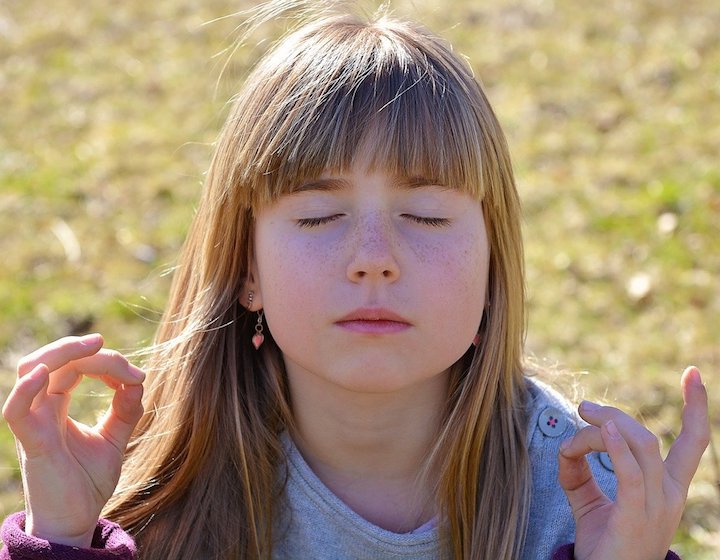
3. Anxiety Management
Happy adults know how to manage their moods and anxious thoughts. However, this happiness management is not an inborn trait. Those I treat need objectivity, coaching and support to understand the psychological components that cause disorder. This coaching is feasible but often requires a lot of work to reprogram an adult’s thoughts. Why not teach these skills to your children so they are well-equipped for adulthood?
A couple of tools that contribute to happy and anxiety-free kids are breathing and relaxation techniques. Children are increasingly exposed to meditative ideas and practise at schools, so why not carry this through at home? Deep, slow breathing and muscle relaxation exercises are a start, as are “chill kits” (fidget toys, colouring books, soft toys and blankets), and journaling activities.
Another tool is the Cognitive-Behavioural-Therapy standby of thought stopping. Teach your child to identify repetitive, unhappy thoughts that they can interrupt and discount with realistic information. Another coping tool is objectification: if your child is unhappy and anxious about a certain situation or fear, you can give it a name in order to depersonalise and create distance from it. Encourage your child to talk back to “the ugly green monster” (fear, worry etc.) and tell it to get lost!
Read more: 3 Ways To Help Your Child With Everyday Anxiety
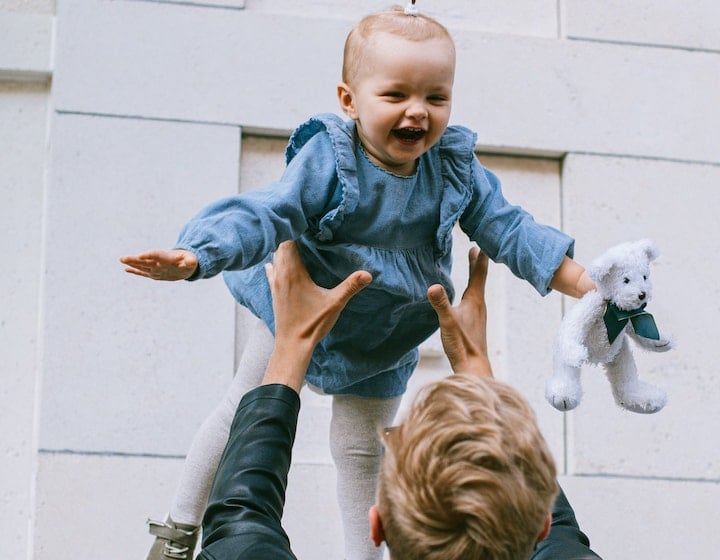
The three A’s are a good start in helping to raise happy children. But many Hong Kong specific variables might apply, in particular, for foreigners who did not grow up here. The clashes between what you experienced in your own childhood can be vastly different from the environment in which you currently raise your own children. That said, values do not have to change. Nor does the ability to model happiness, emotional intelligence and a positive growth mindset. Your children will see and absorb your joy and authenticity.
Read more: Mindful And Holistic Living: The Best Yoga Classes For Children
 View All
View All


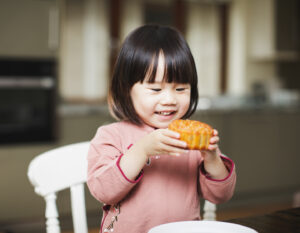





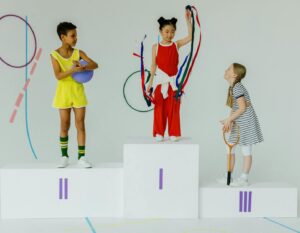


 View All
View All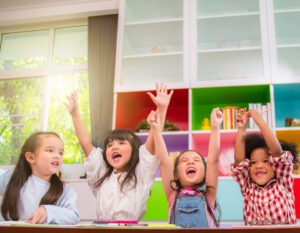



 View All
View All

 View All
View All














